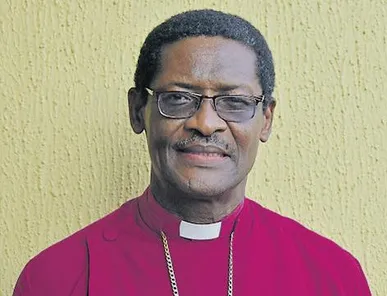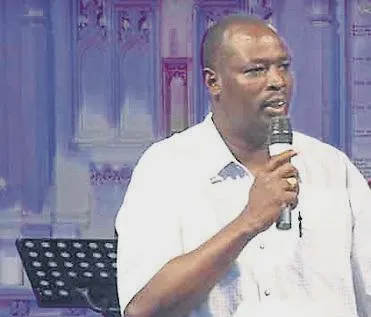
GAFCON in sexual civil war
The Primate of Nigeria, Archbishop Henry
Ndukuba, has released without warning a
statement accusing the Anglican Church in
North America (ACNA), another GAFCON
province, of departing from the authority of
Scripture.
‘The deadly ‘virus’ of homosexuality has
infiltrated the ACNA’ he alleged, and this
had
‘serious
implications’
for Archbishop
Foley Beach’s leadership of GAFCON (the
Global Anglican Future Conference, made
up of orthodox believers unhappy with
Anglicanism’s liberal sexual trajectory).
Bishops gear up for long Lambeth walk
Lambeth 2022, the worldwide gathering of Anglican bishops held roughly once a decade, but twice delayed due to the pandemic, will actually get under way this year – 2021.
According to an announcement made last October ‘the conference journey’ will begin in 2021 as a virtual phase with a yet to be revealed programme, but we do know that the theological underpinnings for this project are being provided by the St Augustine Seminar, a group of 35 New Testament scholars who ‘have shaped the theological foundations for the Lambeth Conference’. Leading members give brief video introductions to 1 Peter, the Biblical focus for the Conference, at www. lambethconference.org/biblical-focus/

Kenya: church marks 50
years with warning
The story of Anglican growth in Africa and
decline in the West is very familiar, but this
is often spoken of as if it were simply the
result of underlying social, economic and
cultural
forces, without giving sufficient
attention to the role that leadership plays,
for good or ill.
The Anglican Church of Kenya, which
has just celebrated its 50th anniversary as
an independent Province, is an interesting
example. The
current Archbishop
and
Primate, Jackson Ole Sapit, may not yet
be as well known outside Kenya as some of
his predecessors (such as David Gitari who
was a prominent opponent of President
Moi’s attempt to entrench one-party rule, and Eliud Wabukala, who was Chairman
of GAFCON
from 2011
to 2016), but
he too is bringing courageous and creative
leadership to the Anglican Church of Kenya.